Goodbye, With Love
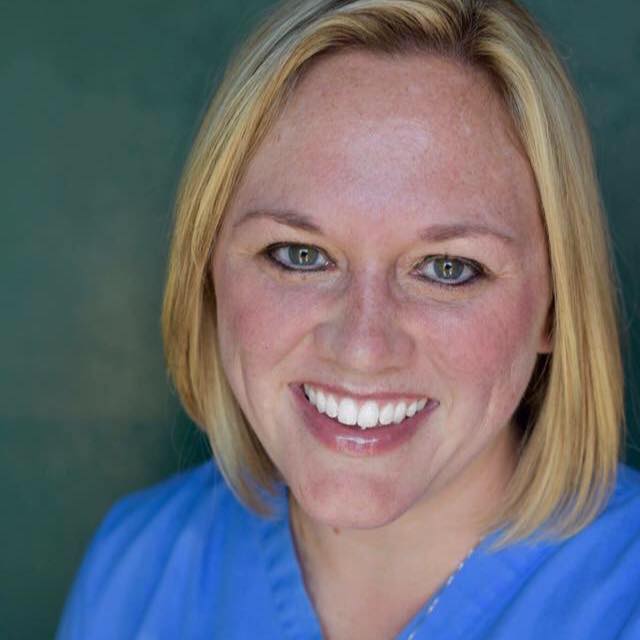
Amanda Sharp won this year’s CHEP-JHR Student Essay Contest with her essay “Goodbye, With Love,” which reflects on both her personal and her professional experiences with patients in hospice care.
Returning Back to Oneself: Cultivating Vulnerability in the Health Professions
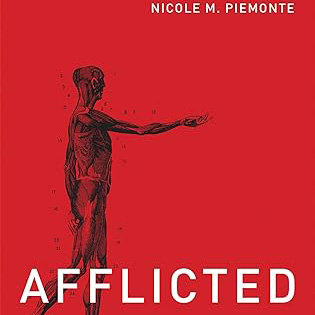
In her essay featured in this issue, “Returning Back to Oneself: Cultivating Vulnerability in the Health Professions,” Nicole Piemonte, PhD reflects on her book, Afflicted: How Vulnerability Can Heal Medical Education and Practice. Using philosophers such as Nietzsche and Kierkegaard as guides, Piemonte seeks to explore why many clinicians experience a “crisis of meaning” in their work. With the primary focus of healthcare education on biologic intervention, topics of vulnerability and the lived experience of suffering are largely minimized, if not absent. Piemonte calls for us to create a learning environment that recognizes vulnerability as a means to cultivate the courage to authentically engage with human suffering.
Stone Tongue
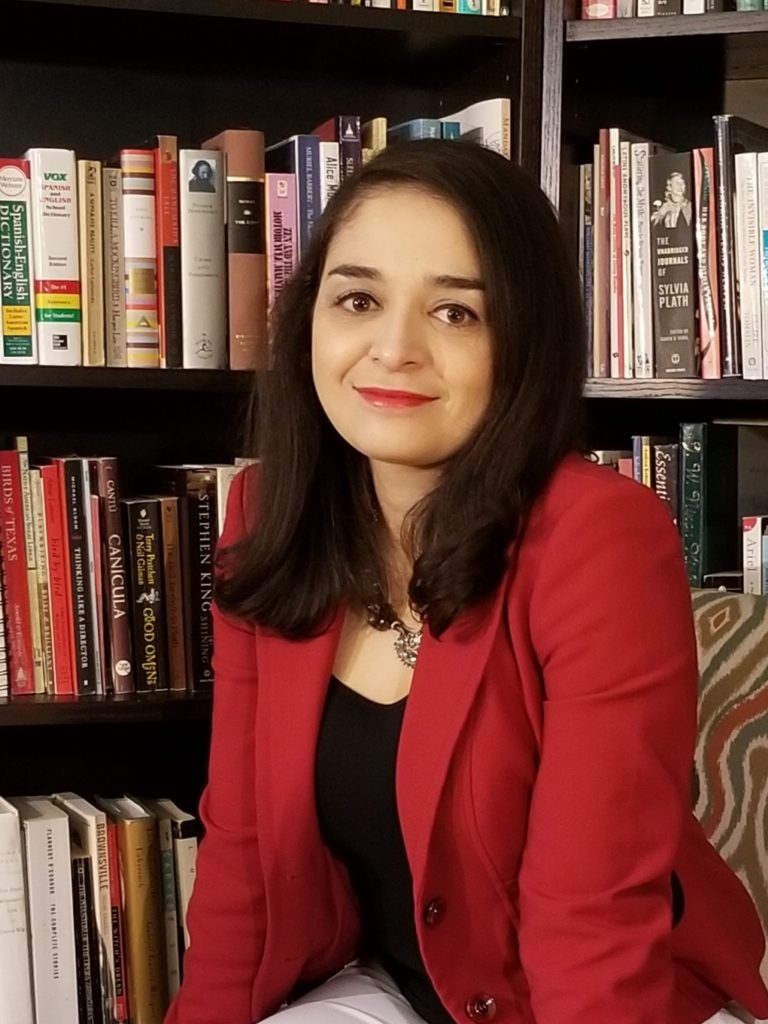
Download the article (pdf) Table of Contents The doctor observes.My son’s green-marbled eyes peerup at her. His kitten lips squirm,open, and leaden consonantsstripped of vowels fall out,more stone than speech. I read aloud to him:“What does the cowsay to her baby?” The doctor explains,“Sound begets speech.”My son with the stonetongue sits at the bottomof a […]
Profiles in Professionalism: Interview with Gail M. Jensen, PT, PhD, FAPTA
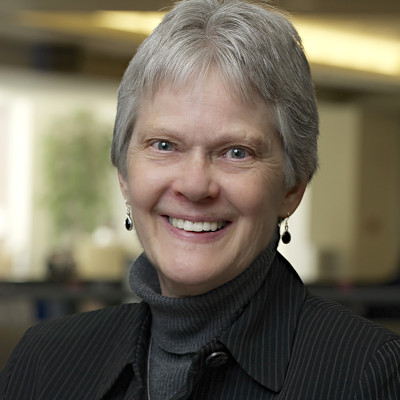
In our second installment of our “Profiles in Professionalism” series, we interview Gail Jensen, PT, PhD, FAPTA, FNAP, dean of the Graduate School and vice provost for Learning and Assessment at Creighton University. Recognized internationally for her scholarship in expert clinical practice, professional ethics, and interprofessional education, Jensen explores the meaning of professional identity and the ways we can use the humanities to strengthen professionalism in the field of physical therapy.
Reflections on Early Attempts to Provide Pain Neuroscience Education in Conjunction With Biopsychosocial Care From the Patient and Interprofessional Team Perspectives
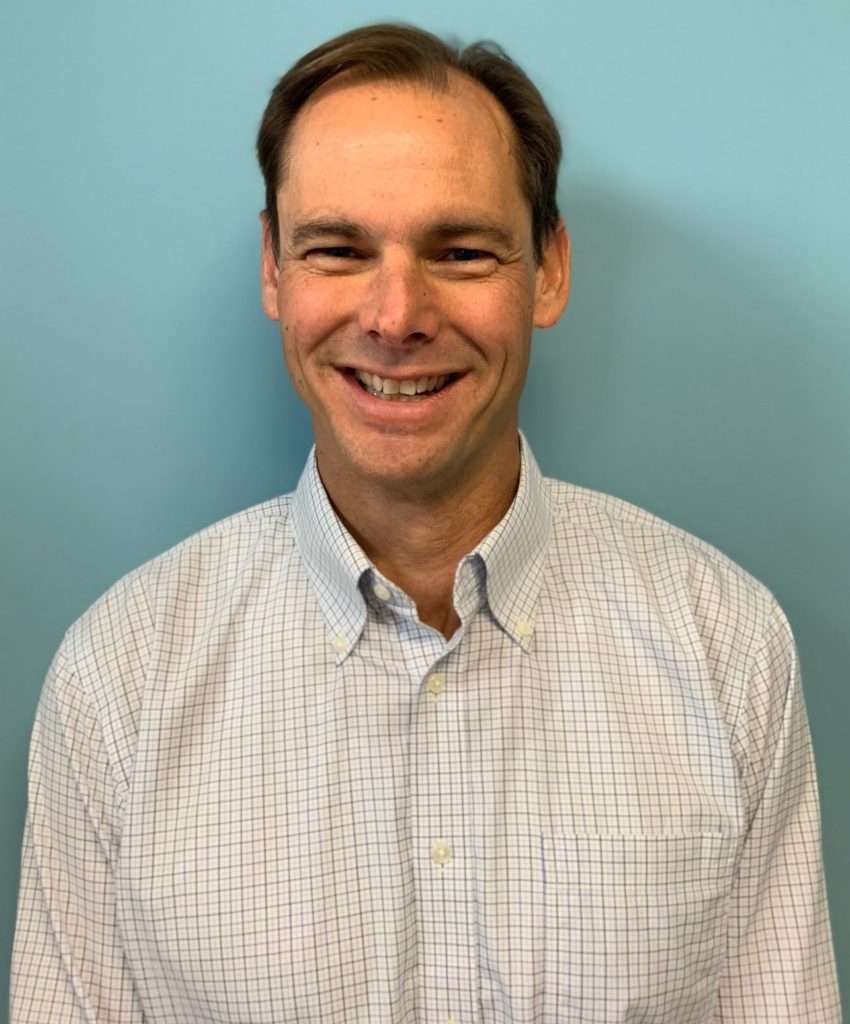
Download the article (pdf) Table of Contents This case reflection is presented by an interprofessional rehabilitation team at a private, outpatient rehabilitation practice as an example of a humanistic, person-centered approach to treating pain that emphasizes a biopsychosocial (BPS) framework, including exploration of and reconceptualization of the meaning of pain within a personal and social […]
Resources: Spring 2019

Download the article (pdf) Table of Contents How Stigma Shaped Modern Medicine Over the past few years, awareness has grown about the role the media plays in influencing thoughts and opinions on a variety of subjects, such as politics, business, and culture. In her TED talk, Dr. Nathalia Holt discusses how the media […]
Guest Editorial | Infusing Rehabilitation with Critical Research and Scholarship: A Call to Action

Download the article (pdf) Table of Contents ]Reprinted with permission from University of Toronto Press (https://utpjournals.press). Published Online: November 30, 2018. https://doi.org/10.3138.ptc.70.4.gee. Correspondence to: Jenny Setchell, School of Health and Rehabilitation Sciences, Faculty of Health and Behavioural Sciences, University of Queensland, St Lucia, QLD 4072, Australia, j.setchell.uq.edu.au.” In this editorial we argue that ‘critical’ thinking, research and […]
Alzheimer’s Disease and Emotions: An Interpretive Phenomenological Analysis of the Film “Still Alice”
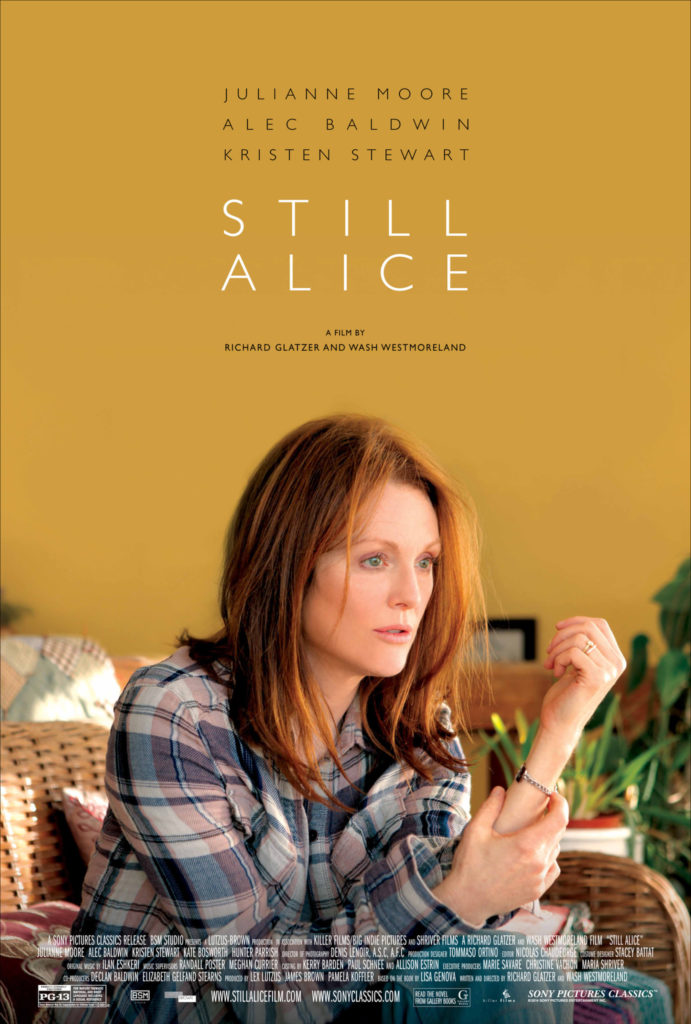
Download the article (pdf) Table of Contents Background: Despite the fact that Alzheimer’s disease (AD) afflicts millions of people in the United States, most Americans do not come into contact with anyone who has the disease. Due to this lack of firsthand experience with AD, the general public’s understanding about the experiences of individuals living […]
Re-Imagining Humanism in Rehabilitation

What does it mean to be a professional? What is professionalism? How do we help to develop professional formation in students and clinicians? How do we develop ethically-engaged clinicians? Is professionalism part of best practice, and why?
Pitfalls and Pearls of Persistent Pain
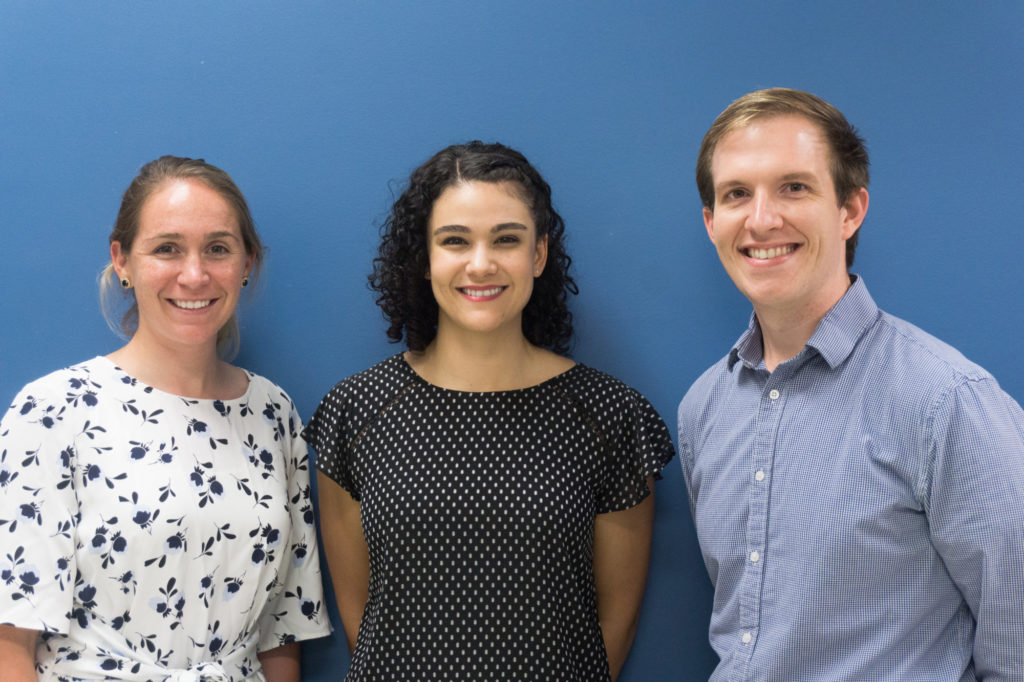
As the subject of chronic pain and its treatment has become crucially important in today’s healthcare and rehabilitation environments, we offer the accounts of three physical therapists who have encountered patients with persistent pain and learned valuable lessons in the process. The article shows how a humanistic approach—involving factors such as trust, shared decision-making, and empathy—can add a psychosocial dimension to the treatment of chronic pain, and work to achieve more lasting results.

